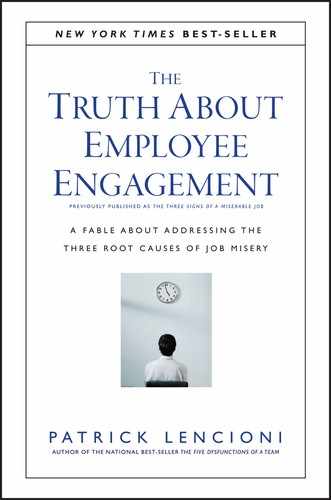The Cost of Misery
It would be impossible to accurately measure the amount of misery in the workforce, but my experience tells me this: more people out there are miserable in their jobs than fulfilled by them. And the cost of this, in both economic and human terms, is staggering.
Economically, productivity suffers greatly when employees are disengaged. The effects on a company's bottom line or a nation's economy are undeniable. But it's the social cost of misery at work that seems particularly overwhelming, because it has such a broad ripple effect.
A miserable employee goes home at the end of the day frustrated, cynical, and weary and spreads that frustration, cynicism, and weariness to others—spouses, children, friends, strangers on the bus. Even the most emotionally mature, self-aware people cannot help but let work misery leak into the rest of their lives.
What is the result of this leakage? In some cases it is extra family stress and tension, and the inability to appreciate the blessings in life. As amorphous as that may seem, over time it impacts people's emotional and psychological health in profound and potentially irreversible ways. In some situations, though, job misery leads to even more immediate and tangible problems, like drug and alcohol abuse, or violence.
It's difficult to accurately estimate the magnitude of the problems caused by miserable jobs. And while no job will ever be perfect, and no society will be without its economic and social problems related to work, if there were a meaningful way to reduce job misery, without cost, wouldn't that be worth doing?
I think so too. The first step lies in understanding the root causes of a miserable job.
